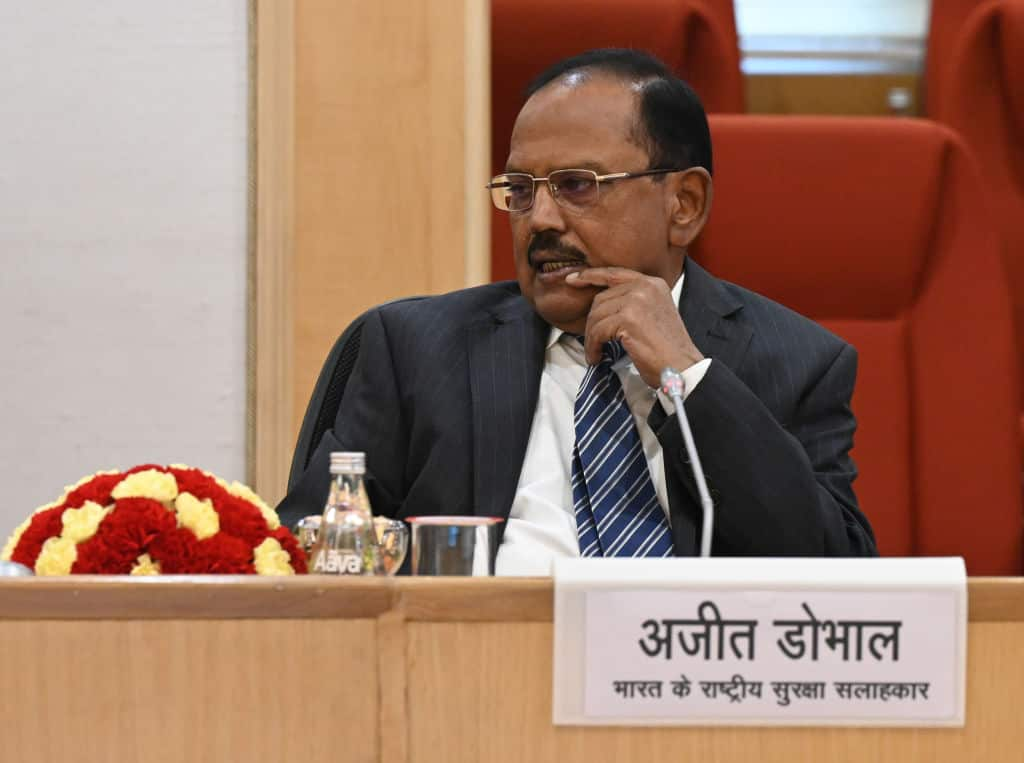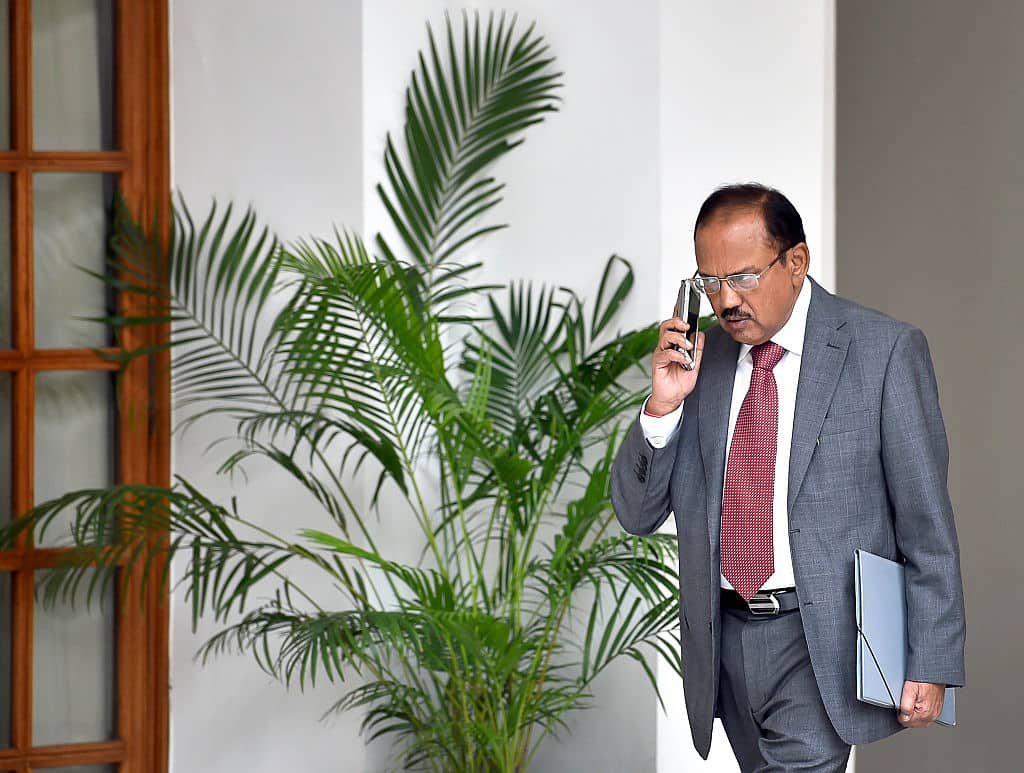As tensions between India and Pakistan reach a boiling point following the deadly terror attack in Pahalgam, Jammu and Kashmir, which claimed 26 lives—mostly tourists—the renewed sighting of National Security Advisor Ajit Doval at the Prime Minister’s Office (PMO) has sent a clear signal: India is shifting gears. With Doval at the center of India's counter-terror strategy, his active involvement at this juncture is not just routine—it’s a warning.
Doval’s Presence Signals Strategic PosturingOn Tuesday morning, hustle and bustle engulfed the corridors of the PMO as Ajit Doval, one of India’s most formidable security minds, met Prime Minister Narendra Modi. While the details of the closed-door discussion remain classified, the timing of the meeting—just days after the Pahalgam attack and amid heightened ceasefire violations on the Line of Control—suggests that the Indian response is being charted at the highest levels.
Why Pakistan Has Every Reason to Fear India's ‘James Bond’Ajit Doval is not a career diplomat; he’s a hardened intelligence operative with decades of field experience, including deep undercover missions in Pakistan itself. As a former Intelligence Bureau chief and one of India’s most decorated security professionals, Doval brings more than textbook strategy to the table—he brings battlefield insight.
His role in executing India’s surgical strikes inside Pakistan-administered territory in 2016 and the Balakot airstrikes in 2019 are well-documented. Doval has also masterminded counter-insurgency strategies in Kashmir, including the persuasion of former militants to turn into pro-India operatives—moves that reshaped the region’s internal dynamics in the 1990s.
Doval’s Legacy: Intelligence over IntimidationKnown for favouring intelligence-led operations over open confrontation, Doval’s toolkit includes everything from cyber warfare and economic sanctions to targeted strikes and diplomacy through backchannels. This makes him highly unpredictable—a quality that keeps adversaries on edge.
- In early 1980s, Doval was involved in Mizoram peace negotiations. Successfully convinced 6 of 7 Mizo National Front (MNF) commanders to surrender, crippling the insurgency and restoring peace.
- In mid-1980s, he went undercover as a rickshaw puller and posed as a Pakistani ISI agent to infiltrate militants holed up inside the Golden Temple during Operation Black Thunder. Provided crucial intel to NSG, ensuring a successful operation with minimal casualties.
- In the 1990s, Doval played a crucial role in persuading notorious militant Kuka Parray and his men to become counter-insurgents. This move was pivotal in facilitating the 1996 Jammu and Kashmir elections.
- As part of the team handling the 1999 IC-814 hijack crisis in Kandahar, he negotiated with hijackers, ensuring the safe return of hostages despite political criticism over the outcome.
- In early 2000s, Doval spent 7 years undercover in Pakistan for RAW, posing as a Muslim. Mastered Urdu and studied Pakistani history, culture, and politics to carry out high-risk missions.
- In 2014, he was also instrumental in securing the release of 46 Indian nurses trapped by ISIS in Tikrit. Flew to Iraq, made contact with Iraqi officials and militants, and ensured their safe evacuation to Erbil.
Doval’s clout is not confined to South Asia. US Ambassador to India Eric Garcetti has called him an “international treasure,” stressing his importance not just in India’s internal affairs but also in shaping global security dialogues.

In stark contrast to Doval’s quiet maneuvering, Pakistan’s frantic appeals, especially at the United Nations Security Council (UNSC), reflect a nation on the defensive. The Pakistani army continues to provoke India on the LoC, but each provocation is met with a stronger Indian response.
Prime Minister Modi has already stated that the Indian Armed Forces have “complete operational freedom” to determine the response to the Pahalgam attack. With Doval in the command circle, Pakistan must now reckon with a strategist who doesn't believe in empty rhetoric.
Doval’s presence in the PMO, at this particular moment, is not just symbolic—it’s strategic. It tells the world that India means business, and if past is prologue, Pakistan should brace itself. Because when Doval steps in, the response isn’t loud—but it is lasting.
You may also like

Govt notifies cashless treatment scheme for road accident victims nationwide

Bank Holiday tragedy as boy, 13, dies diving into Exeter canal 'and failing to surface'

Mumbai Police investigate alleged irregularities of Rs 565 crores in redevelopment projects

India To Become World's Fourth-Largest Economy In 2025

Netflix viewers left 'deeply moved' by 'immersive' documentary depicting WWII like never before







